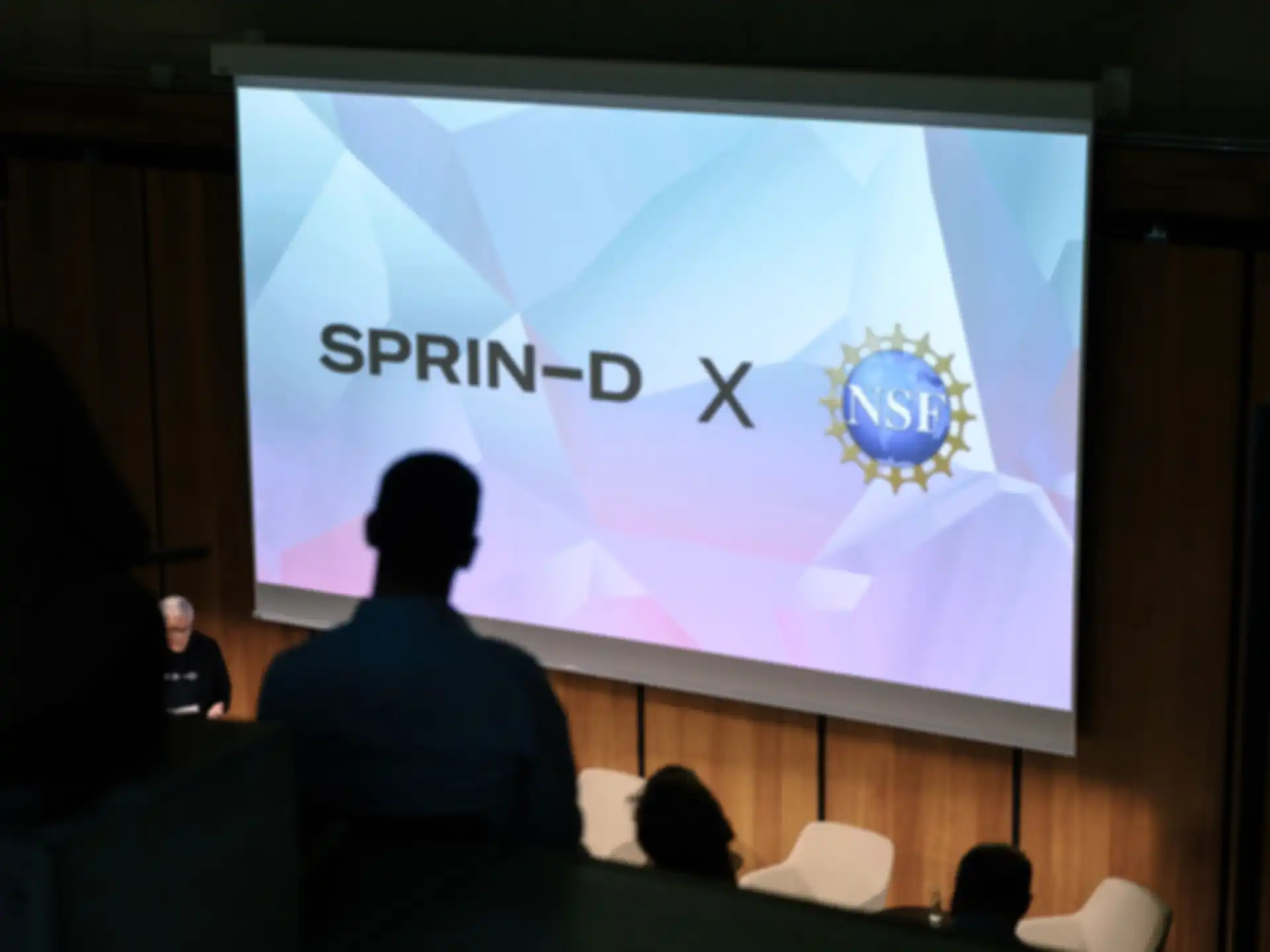Your Challenge:
Tech Metal Transformation

Critical metals are indispensable for many aspects of modern life. The potential range of applications for these raw materials and metals in particular is enormous: from high-tech applications to renewable energy technologies, aerospace, electronics and modern manufacturing. Access to many of these critical raw materials is limited to a few producing countries. Despite the central role of these raw materials in industrial production processes as well as their concentrated supply, the recycling rate for critical raw materials is alarmingly low.
The aim of the Tech Metal Transformation Challenge is to develop and validate innovative processes for recovering critical metals from complex waste streams such as electronic waste, batteries, electronic components, or other well-justified starting material. Biological, chemical and physical-mechanical approaches are to be combined in a modular system to gain access of these critical metals. The aim is to not only to recover individual metals, the Tech Metal Transformation Challenge is driving forward the development of an end-to-end process in which recovered metals can be directly reused as functional materials with a life-after-next in mind.
00:00
The task: to develop a functional end-to-end prototype that can process the metal inventory of at least two significantly different EoL products into functional metal.
The Challenge addresses a radical change in the current logic of metal recycling: away from classic primary paths such as high-temperature melting processes or unspecific leaching processes - towards highly selective, circular processes with minimal use of energy and chemicals. Novel separation and conversion mechanisms based on biological or molecular recognition could in future also make mixed or finely dispersed metals accessible that were previously considered technically or economically non-recyclable. The potential for a broad industrial transformation is there.
The SPRIND Challenge spans three years over three stages. A jury of distinguished experts assists SPRIND in evaluating the applications and chose up eight teams to participate in Stage 1 in December 2025.
SPRIND provides substantial, tailored support throughout each phase of the challenge, including financial backing and direct access to a network of experts and potential collaborators. For Stage 1, teams may receive up to EUR 1,500,000 (plus VAT), with funding based on each team’s projected costs. After each stage, the jury will review interim results, evaluating which teams display the strongest potential for transformative innovation. Up to six teams will advance to Stage 2, with funding of up to EUR 2,000,000 (plus VAT) per team. For up to four teams moving into Stage 3, SPRIND will provide up to EUR 2,500,000 (plus VAT) to support further development and implementation.
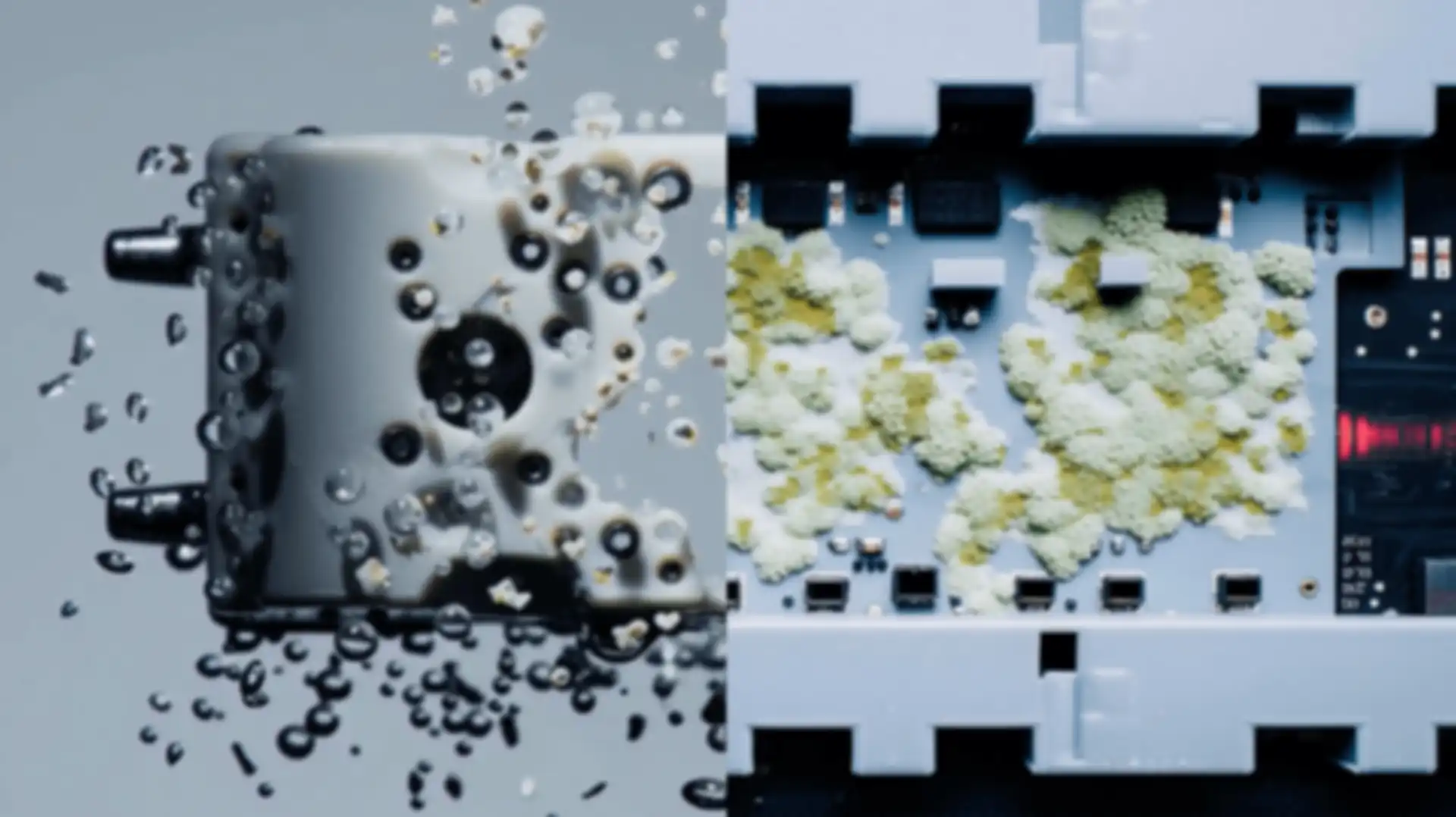
Teams
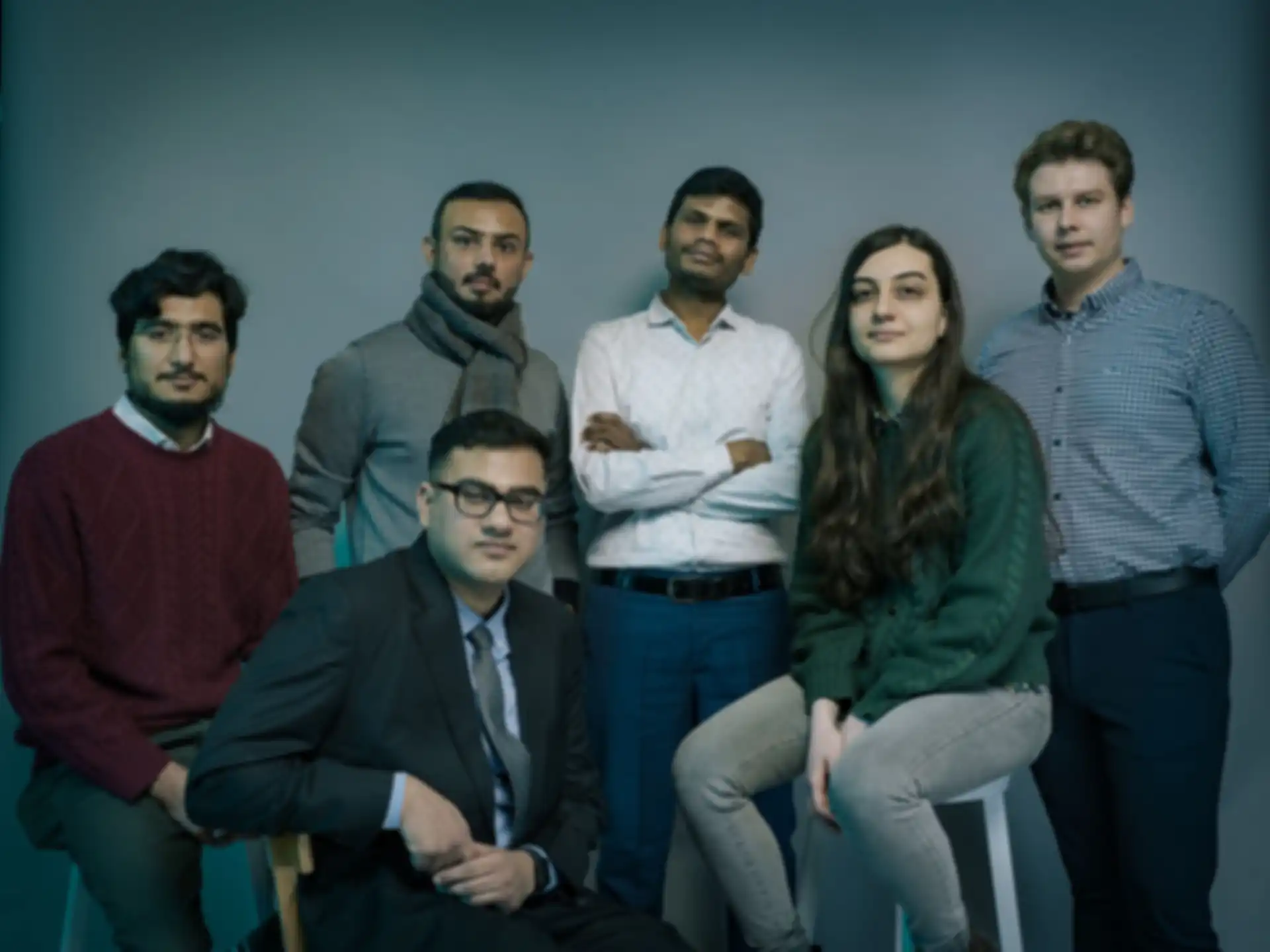
WEEEfficient
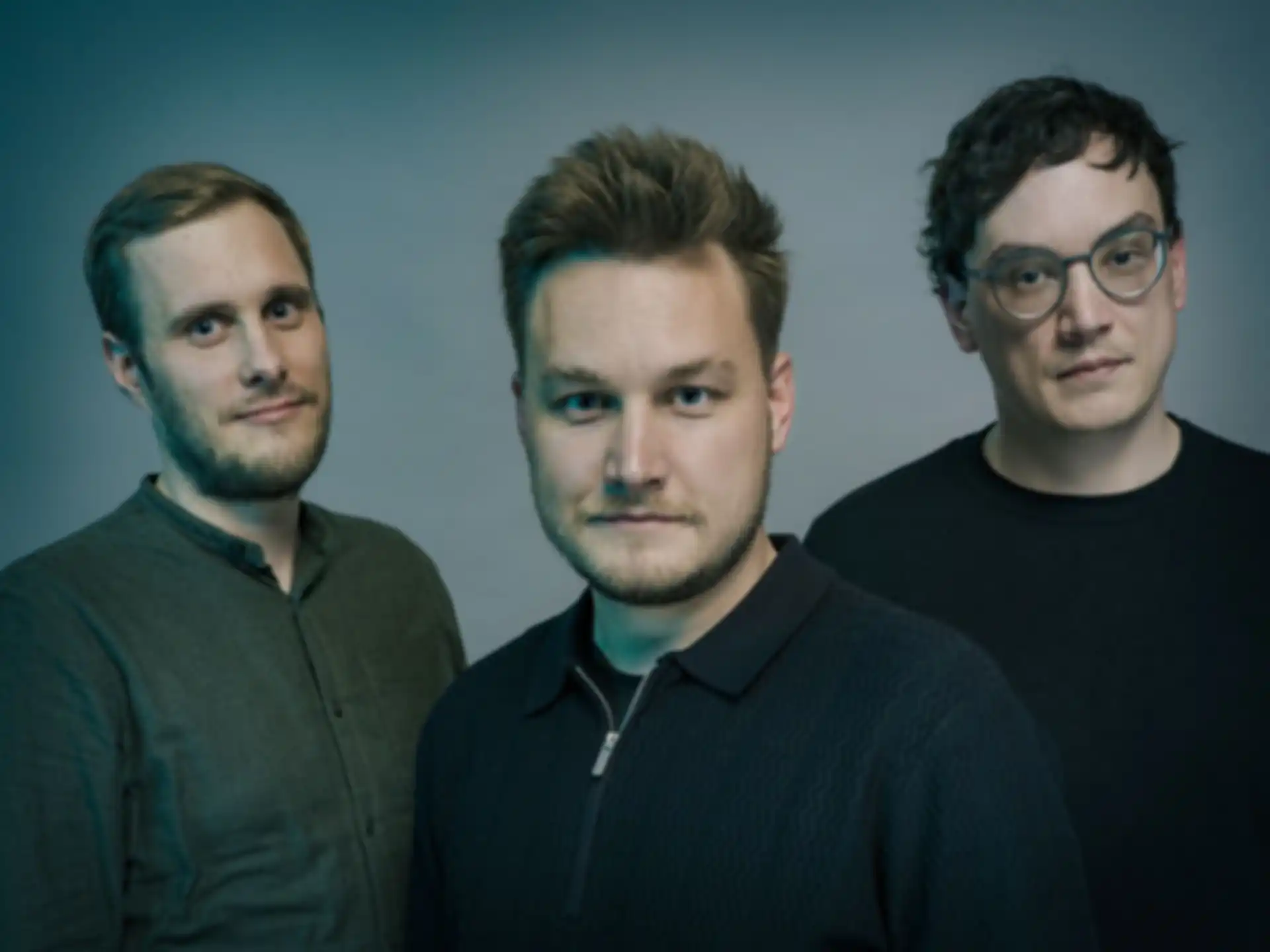
Dust to Metals
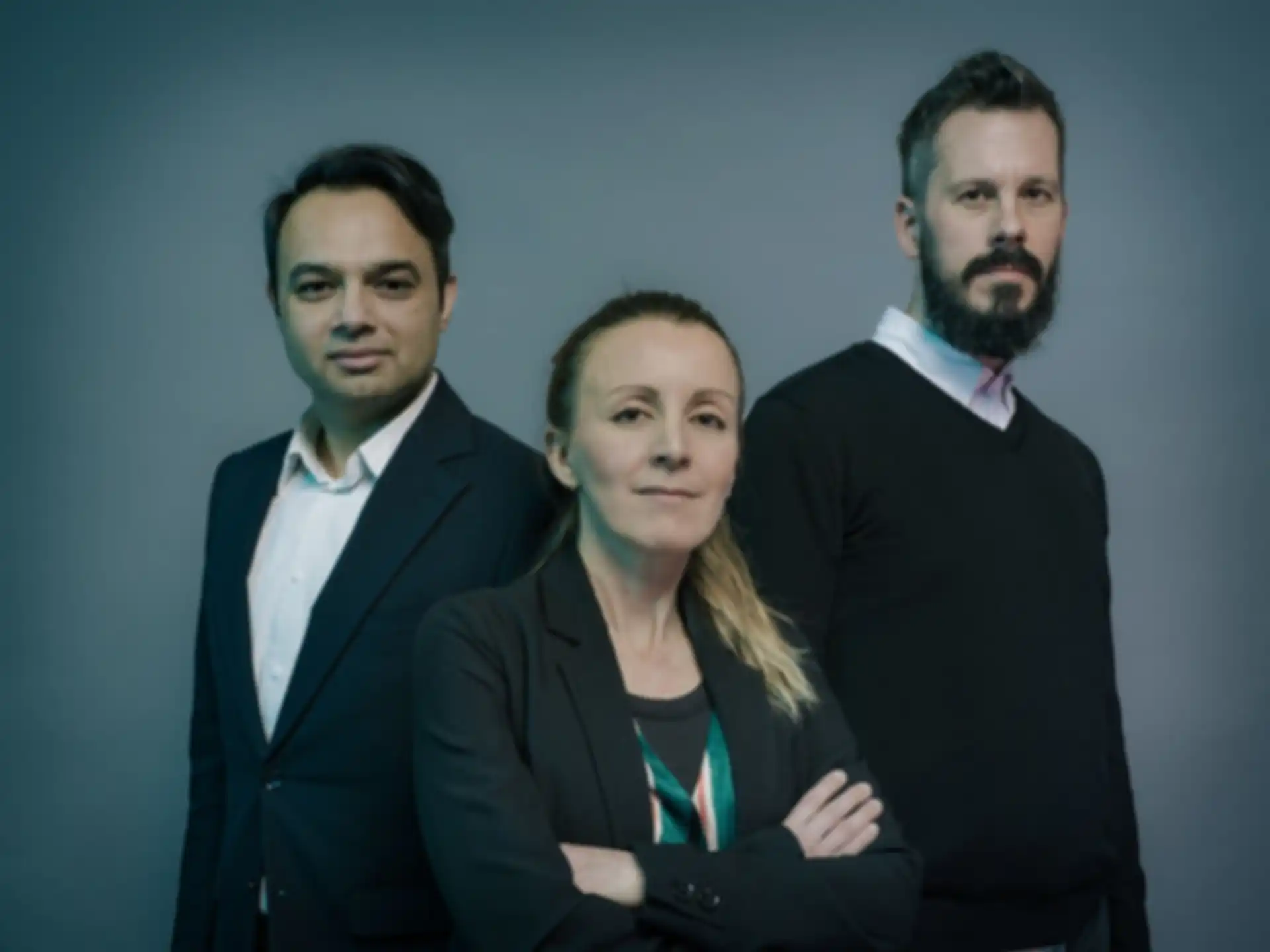
BIOPEPLEACH
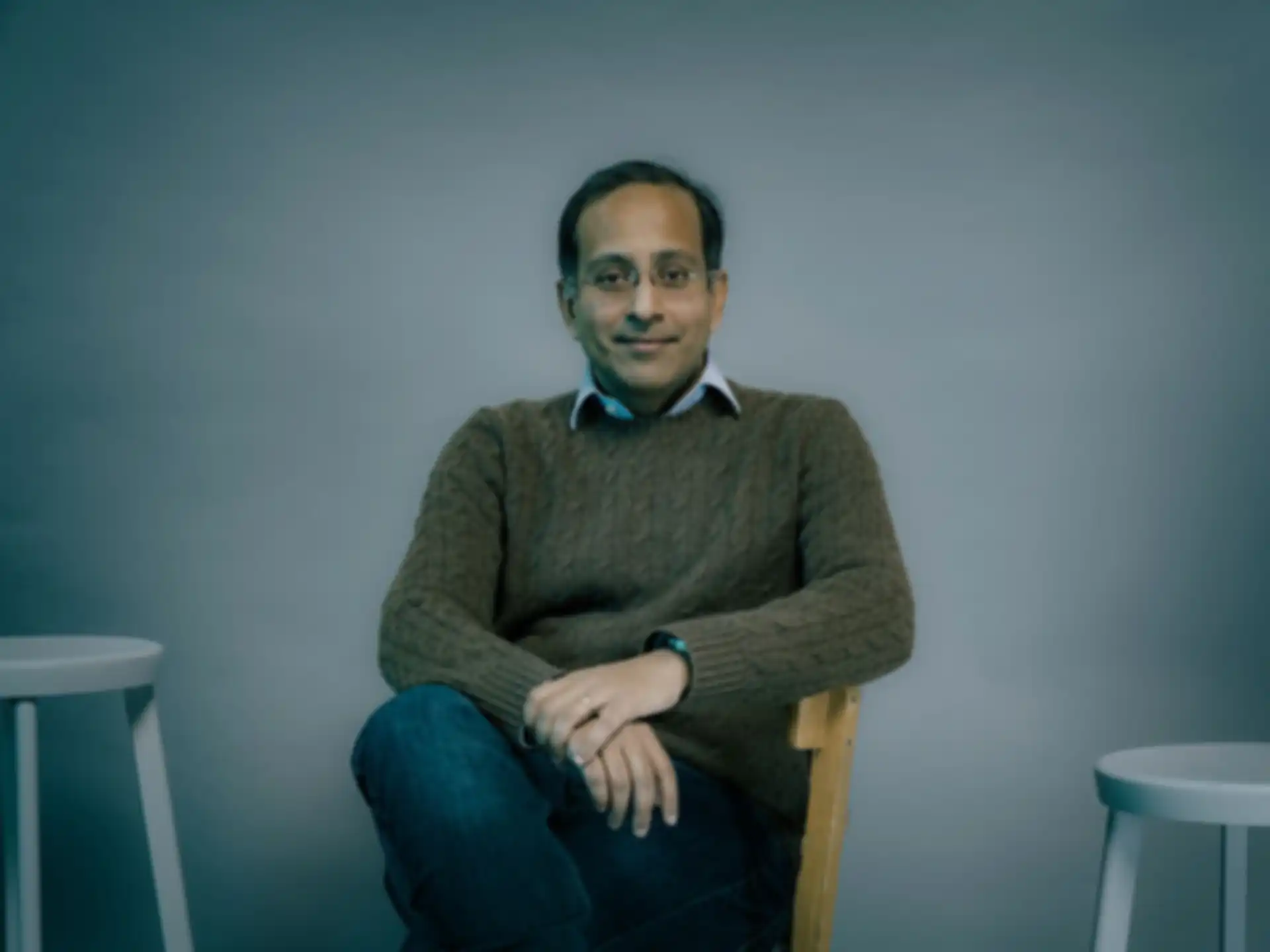
CMETRE
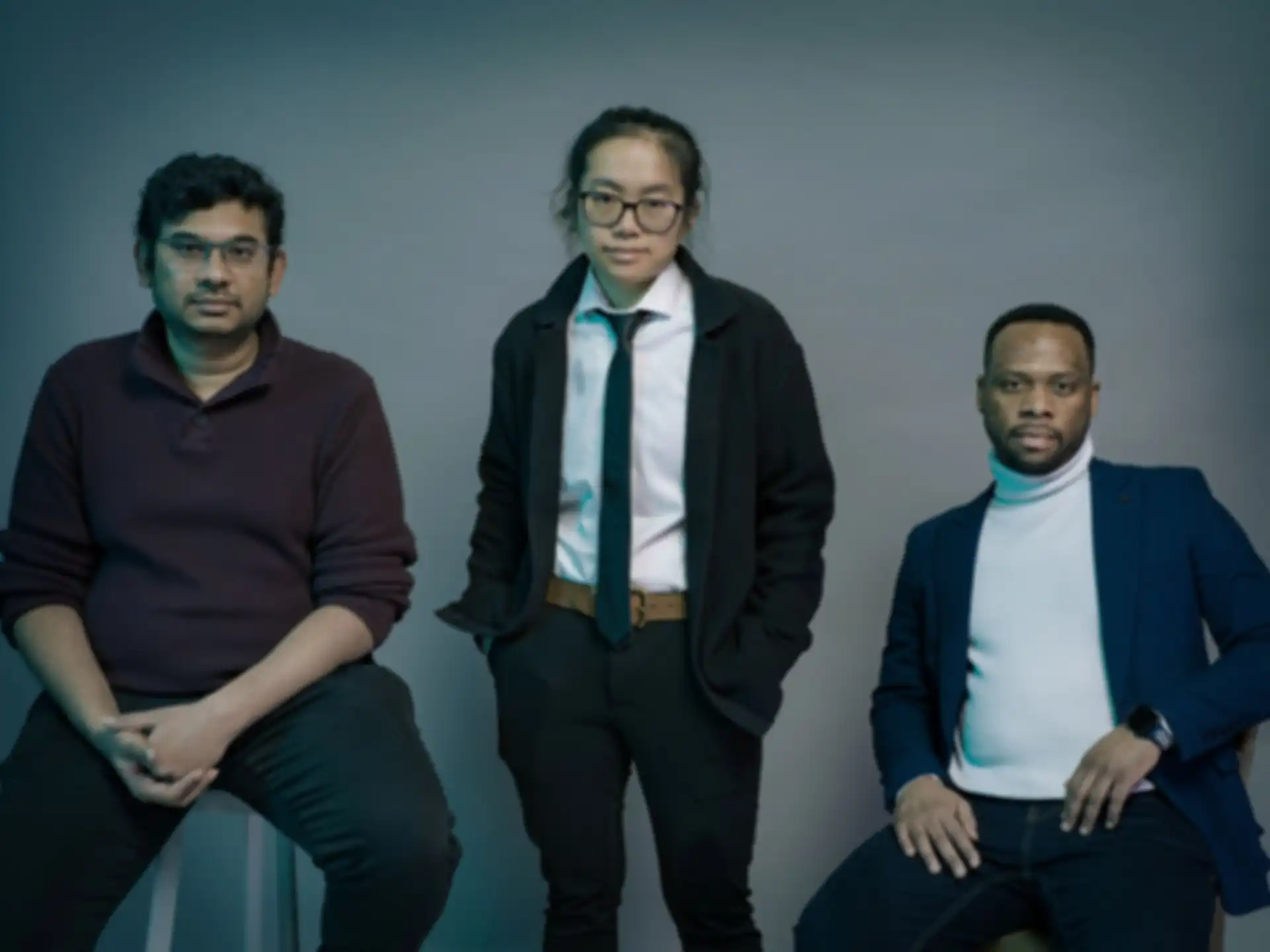
E-Murgy
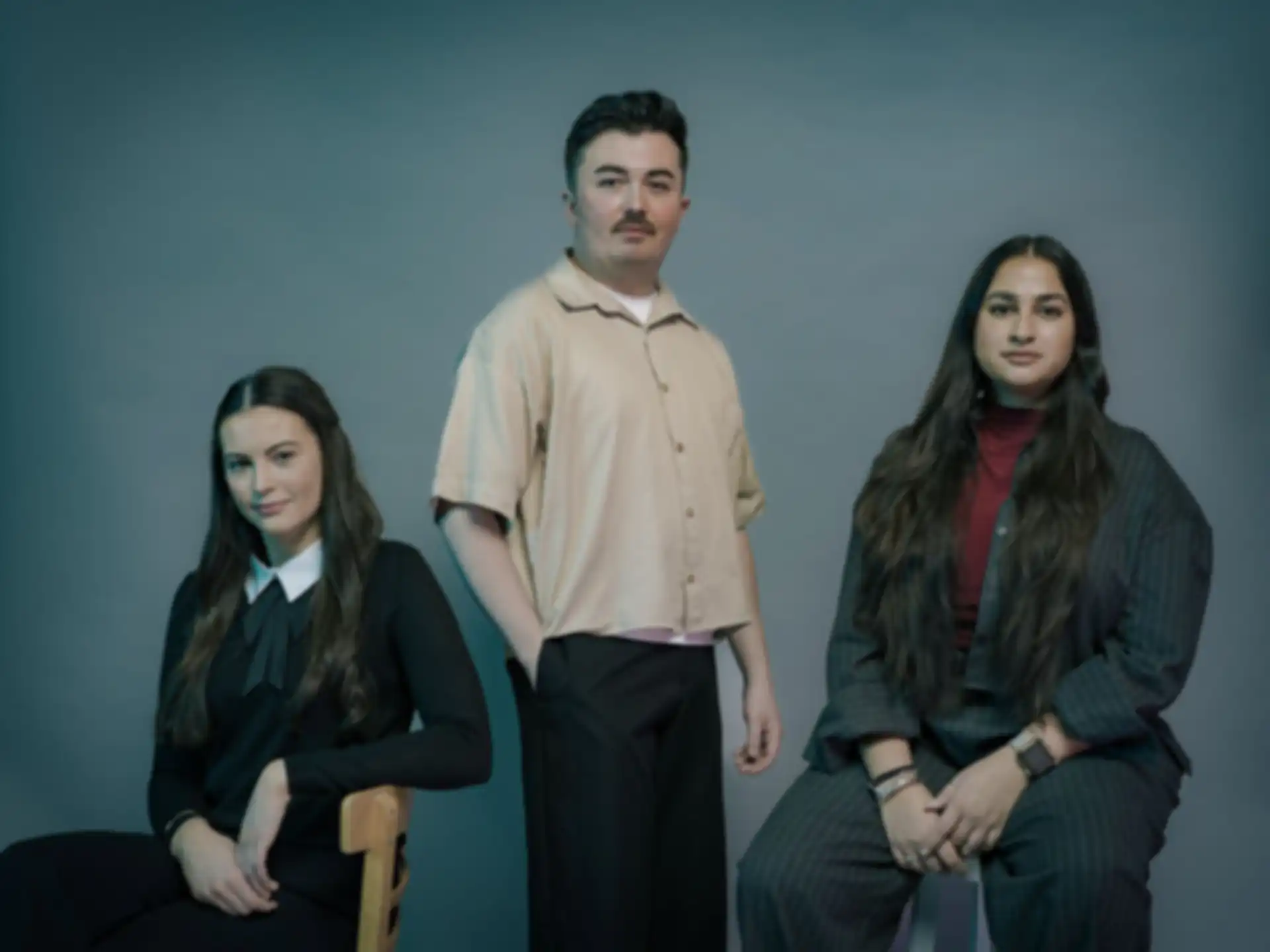
LanthaCycle
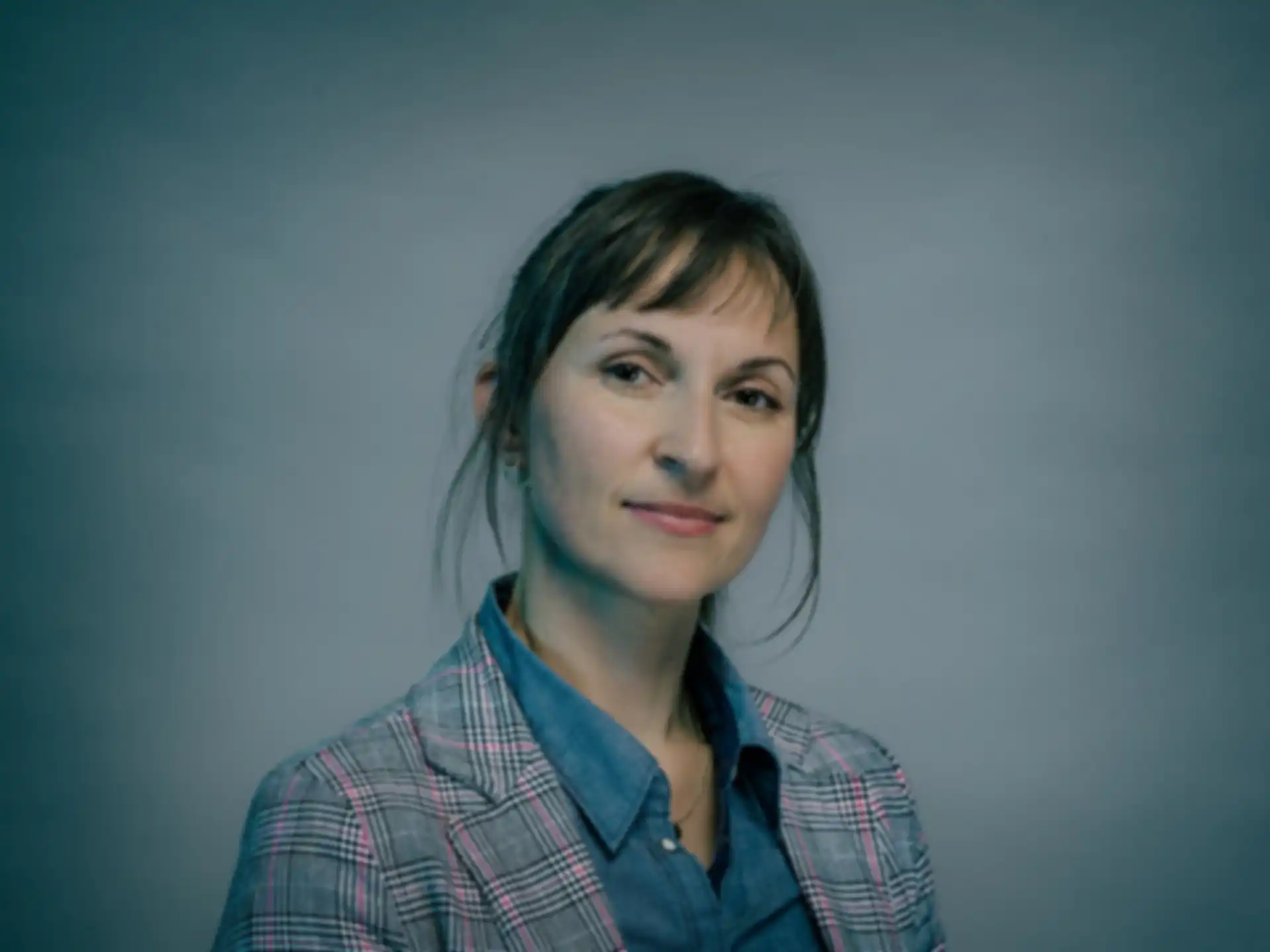
BioXtract
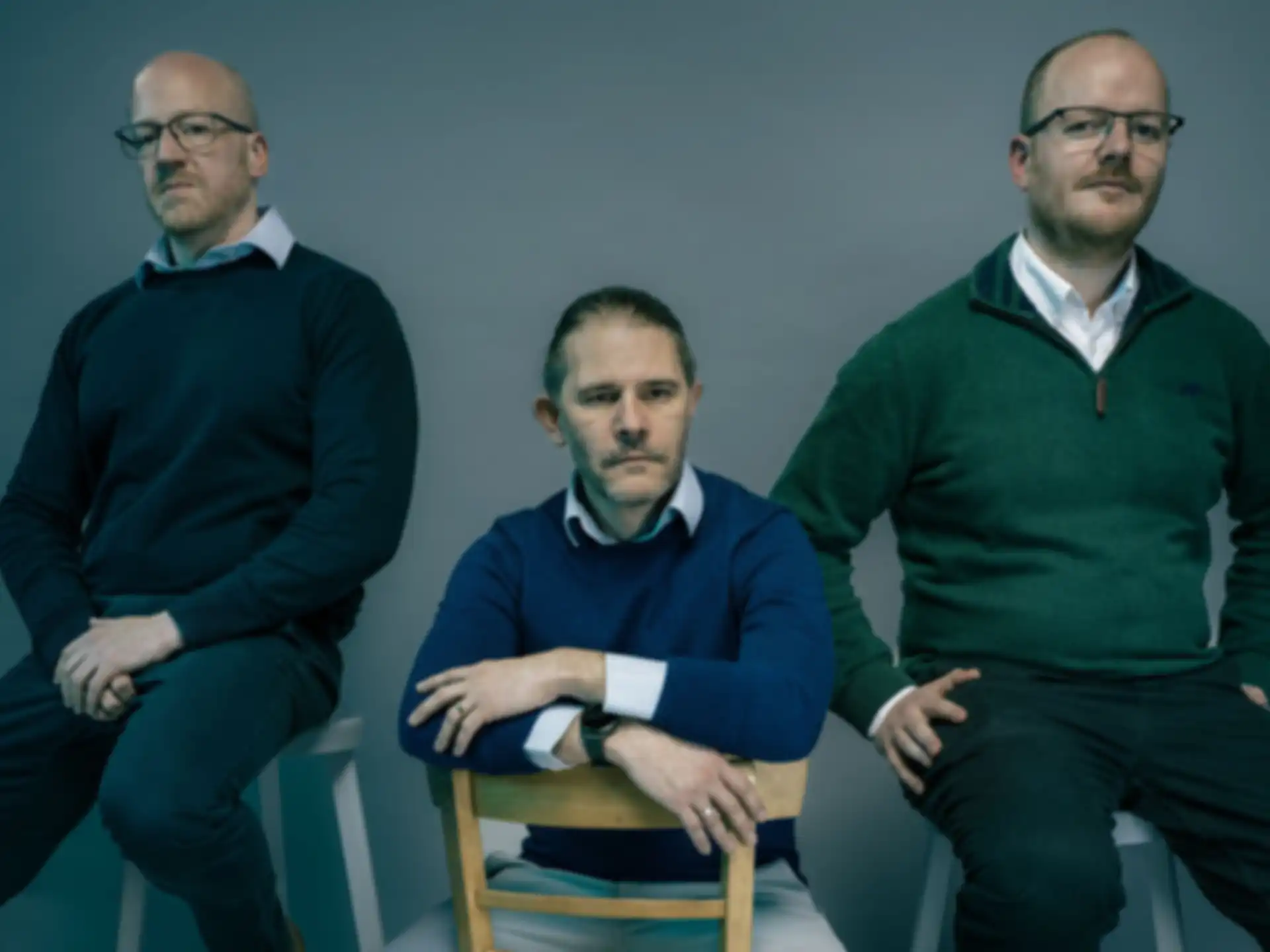
STRATEGIC
Jury
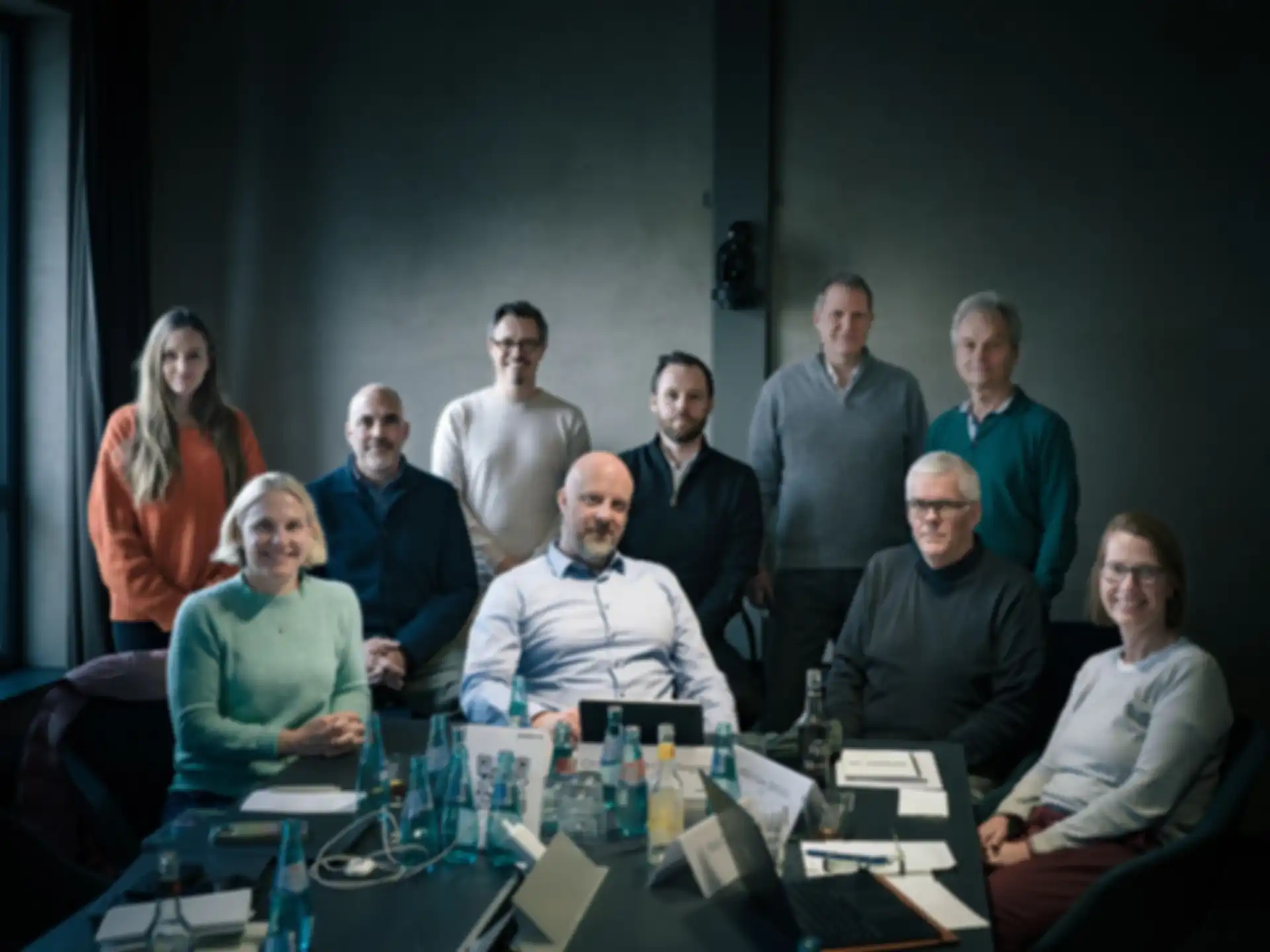
On September 10, 2025, SPRIND’s Tech Metal Transformation Challenge held its Innovator’s Day – a vibrant exchange of ideas, shaped by the inspiring contributions of all participants.
Here you can find the slides presented at the event.
Webinar
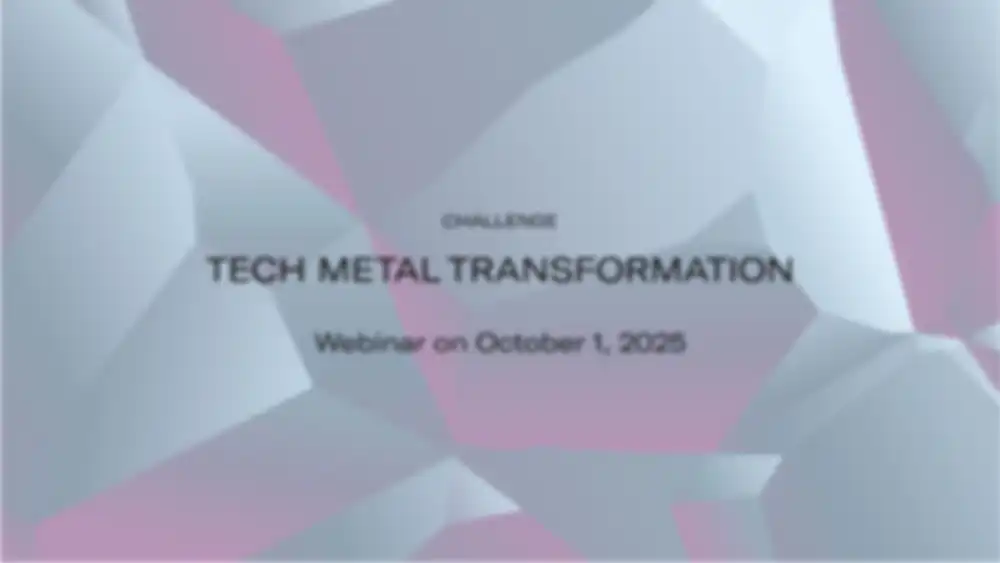
Do you have any questions about the Challenge? Write to us at challenge@sprind.org.
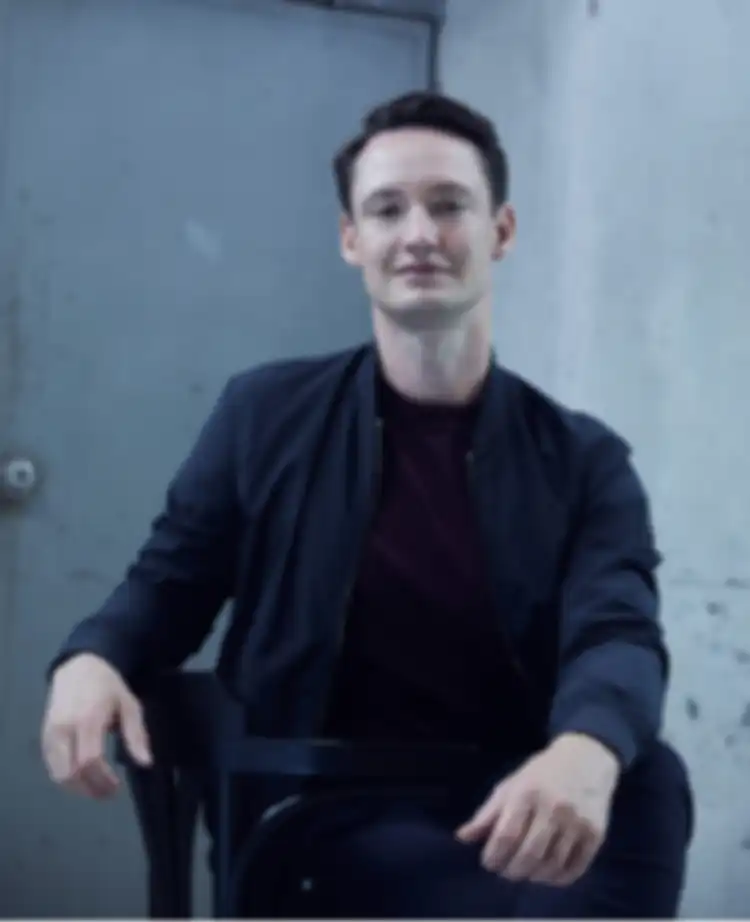
More Challenges and Funken
